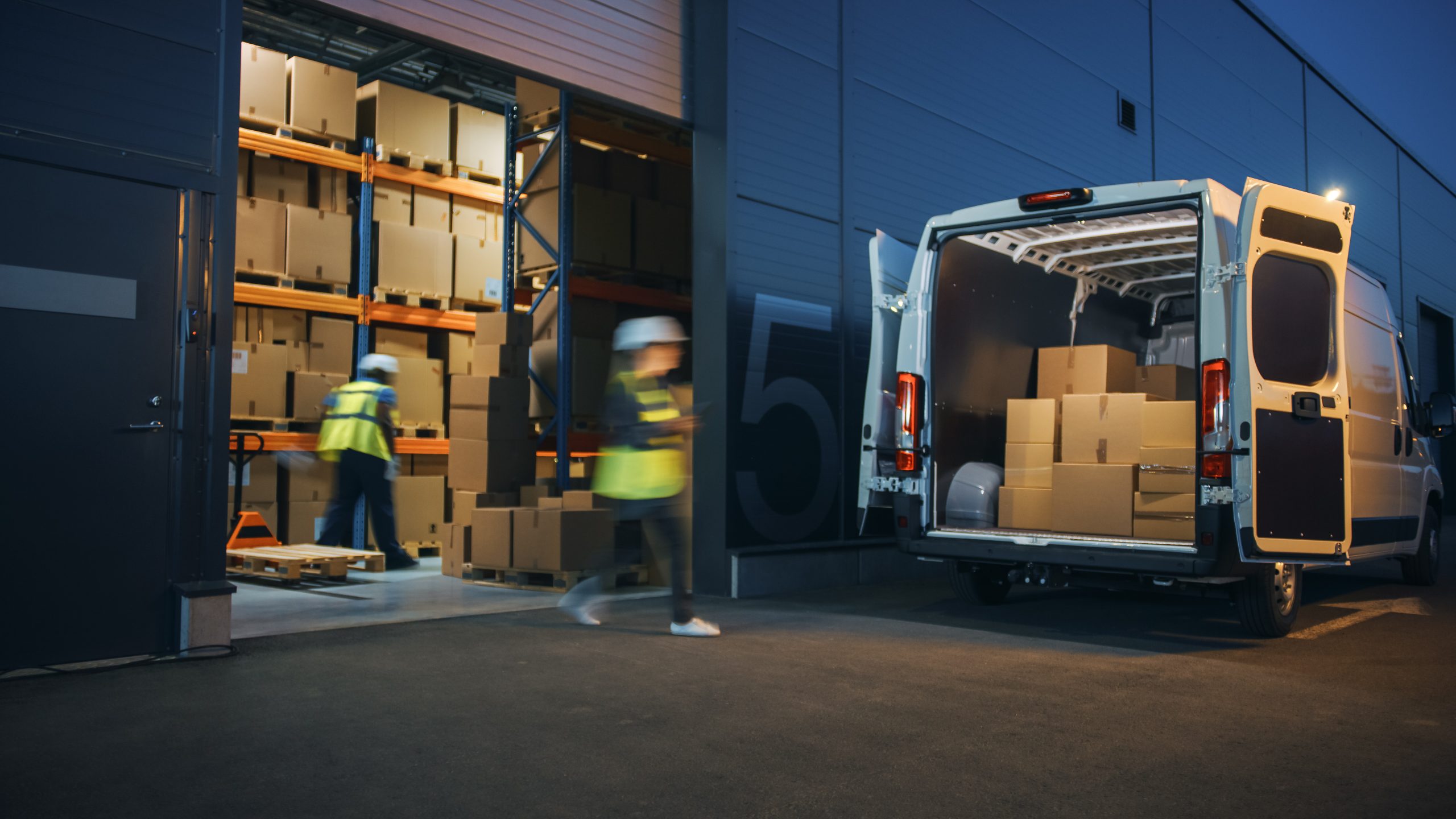For many businesses, moving products from one place to another is a daily task. However, this process can involve many risks, such as damage, loss, or theft of goods. These unexpected problems can cost businesses a lot of money, especially if they don’t have goods in transit insurance. While paying for insurance may seem like an extra expense, it actually helps businesses save money in the long run by covering potential losses.
In this article, we’ll explore how goods in transit insurance can protect businesses financially and offer long-term savings.
1.Covers the Cost of Damaged Goods
Accidents can happen at any time during the transportation of goods. Items can get damaged due to rough handling, vehicle accidents, or bad weather. Without insurance, businesses must pay for repairs or replacements out of their own pockets. This can be a large financial burden, particularly if high-value goods are involved.
With goods in transit insurance, businesses don’t need to worry about these unexpected costs. The insurance policy covers the cost of replacing or repairing damaged goods, saving the business money that would otherwise be lost.
Example:
A furniture store ships a truckload of items to a customer. During delivery, the truck gets into an accident, and several pieces of furniture are damaged. With insurance, the store can claim the value of the damaged goods and avoid paying for replacements on its own.
2.Protects Against Theft and Loss
Theft is a common problem when transporting valuable goods. Criminals often target trucks, shipping containers, or warehouses. Additionally, goods can sometimes go missing during transit, especially if they are misdelivered or misplaced. Without insurance, businesses must bear the full cost of replacing stolen or lost goods.
Goods in transit insurance covers these situations, helping businesses recover the value of stolen or lost items. This protection ensures that the business doesn’t suffer huge financial losses due to theft or other forms of disappearance.
Example:
An electronics store ships a batch of high-end smartphones to a retailer in another city. However, thieves steal the shipment while it’s in transit. Without insurance, the store would lose thousands of dollars, but with goods in transit insurance, the store gets reimbursed for the loss.
3.Reduces the Financial Impact of Delays
Sometimes, shipments are delayed due to unforeseen circumstances like bad weather, vehicle breakdowns, or customs issues. These delays can lead to extra costs, such as paying for storage or reshipping goods that have been spoiled or damaged due to the delay. While goods in transit insurance may not directly prevent delays, it can cover the additional costs that result from them.
By having insurance, businesses can avoid paying out-of-pocket for extra fees, helping them manage their finances better when things don’t go as planned.
Example:
A food supplier sends a large shipment of fresh produce to a supermarket. Due to a delay in transit, the produce spoils before it arrives. With insurance, the supplier can file a claim for the spoiled goods and avoid the cost of resupplying the shipment.
4.Prevents Legal and Contractual Penalties
Businesses often sign contracts with customers or suppliers that include delivery deadlines. If goods are lost, stolen, or damaged, it can cause delays that prevent the business from meeting its contractual obligations. Without insurance, the business may face legal action or be required to pay penalties for late or incomplete deliveries.
Goods in transit insurance helps cover these losses, protecting businesses from legal or financial consequences. This can save the business significant amounts of money by preventing expensive lawsuits or contract penalties.
Example:
A business agrees to deliver a large order of products by a specific date. However, the goods are damaged in transit, and the delivery is delayed. Without insurance, the business might have to pay penalties to the customer, but with insurance, the cost of the damaged goods and potential penalties are covered.
5.Avoids Reputational Damage and Customer Loss
Delivering goods in poor condition or failing to deliver at all can harm a business’s reputation. Customers expect to receive their orders on time and in good condition. If a business repeatedly fails to meet these expectations, it risks losing customers and damaging its reputation, which can reduce future sales.
By having goods in transit insurance, businesses can quickly resolve any issues that arise during transportation. Whether it’s replacing damaged items or refunding the cost of lost goods, insurance allows businesses to maintain their good standing with customers, preventing revenue loss in the long run.
Example:
An online retailer sends out fragile goods, such as glassware, to customers. If any items are damaged during delivery, the retailer can use their insurance policy to offer fast replacements or refunds. This keeps customers happy and prevents negative reviews, which can help the business retain its loyal customers and attract new ones.
6.Offers Peace of Mind for Risk Management
Running a business comes with many risks, and managing those risks is crucial for long-term success. Without insurance, businesses constantly face the threat of financial losses due to accidents, theft, or delays in transit. This uncertainty can lead to stress and poor decision-making.
Goods in transit insurance provides peace of mind, allowing business owners to focus on growth instead of worrying about potential risks. Knowing that financial losses are covered can help businesses make better decisions and plan for the future with more confidence.
Example:
A company regularly ships expensive machinery to clients across the country. With goods in transit insurance, the business owner can focus on expanding operations without worrying about the potential losses that could occur during transportation.
7.Lowers the Need for Additional Security Measures
Without insurance, businesses may feel the need to invest heavily in extra security measures to protect their goods during transit. While security is important, these additional costs can become burdensome over time, especially for small businesses with limited budgets.
By having goods in transit insurance, businesses can strike a balance between security measures and insurance coverage. This way, they don’t have to overspend on security, and they can save money by letting the insurance policy handle the financial risk of theft or loss.
Example:
A jewellery company frequently ships high-value items across the country. Rather than spending large amounts on additional security, like hiring guards to follow every shipment, the company uses goods in transit insurance to cover potential risks, reducing overall costs.
Conclusion: Insurance as a Long-Term Investment
While goods in transit insurance may seem like an extra expense, it is a smart investment that can save businesses a lot of money in the long run. By covering the costs of damaged, lost, or stolen goods, preventing legal and contractual issues, and protecting the business’s reputation, insurance helps companies avoid financial disasters.
For businesses that regularly transport goods, having the right insurance policy in place ensures that they are financially protected from risks, allowing them to focus on growth and success. In the end, goods in transit insurance is not just a cost—it’s a tool for long-term savings and stability.
Get Business Insurance Quotes Today
*Based on your profile, your details will be sent to insurance partners that will best serve your needs. That may be a different company than the one featured on this page and form.




